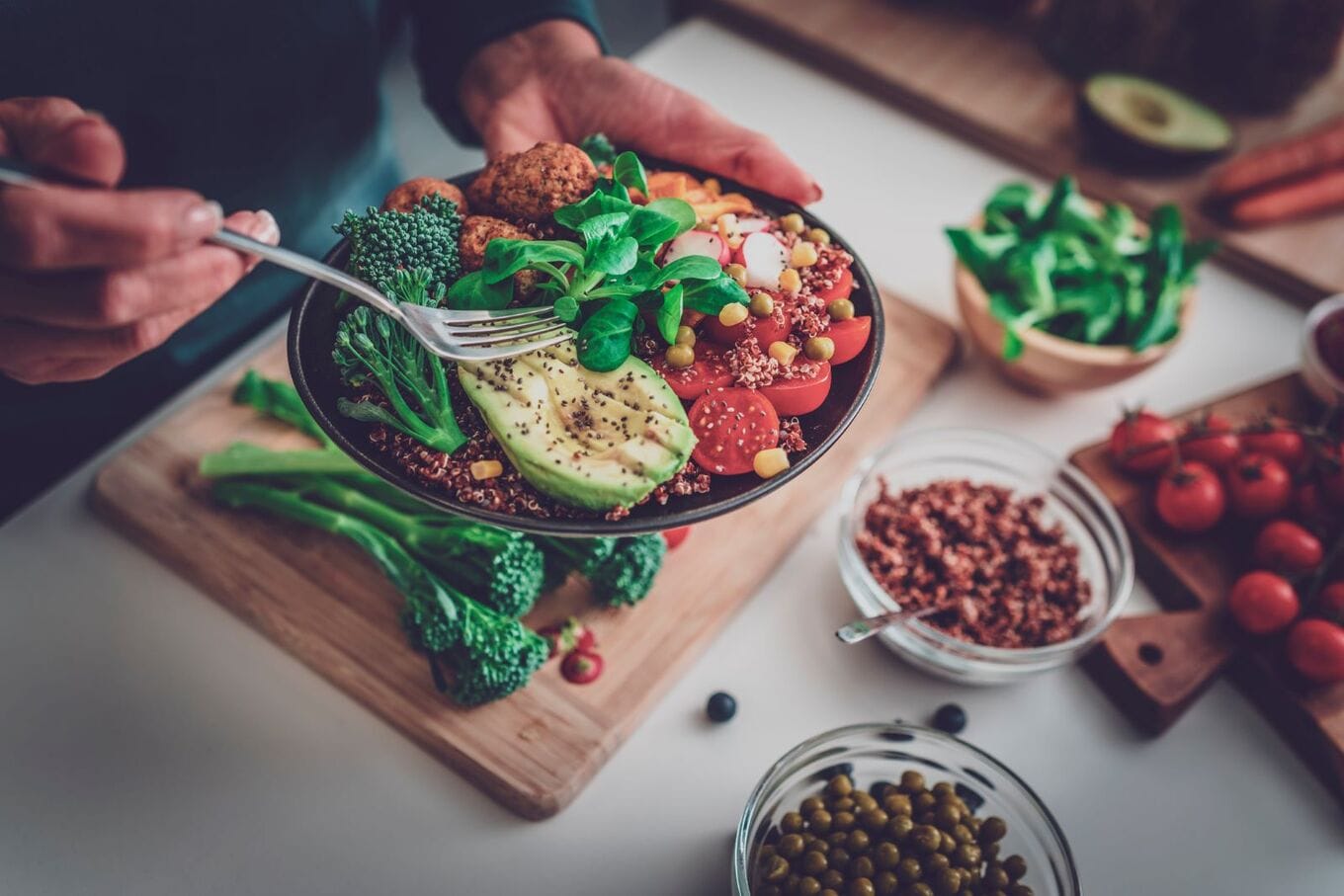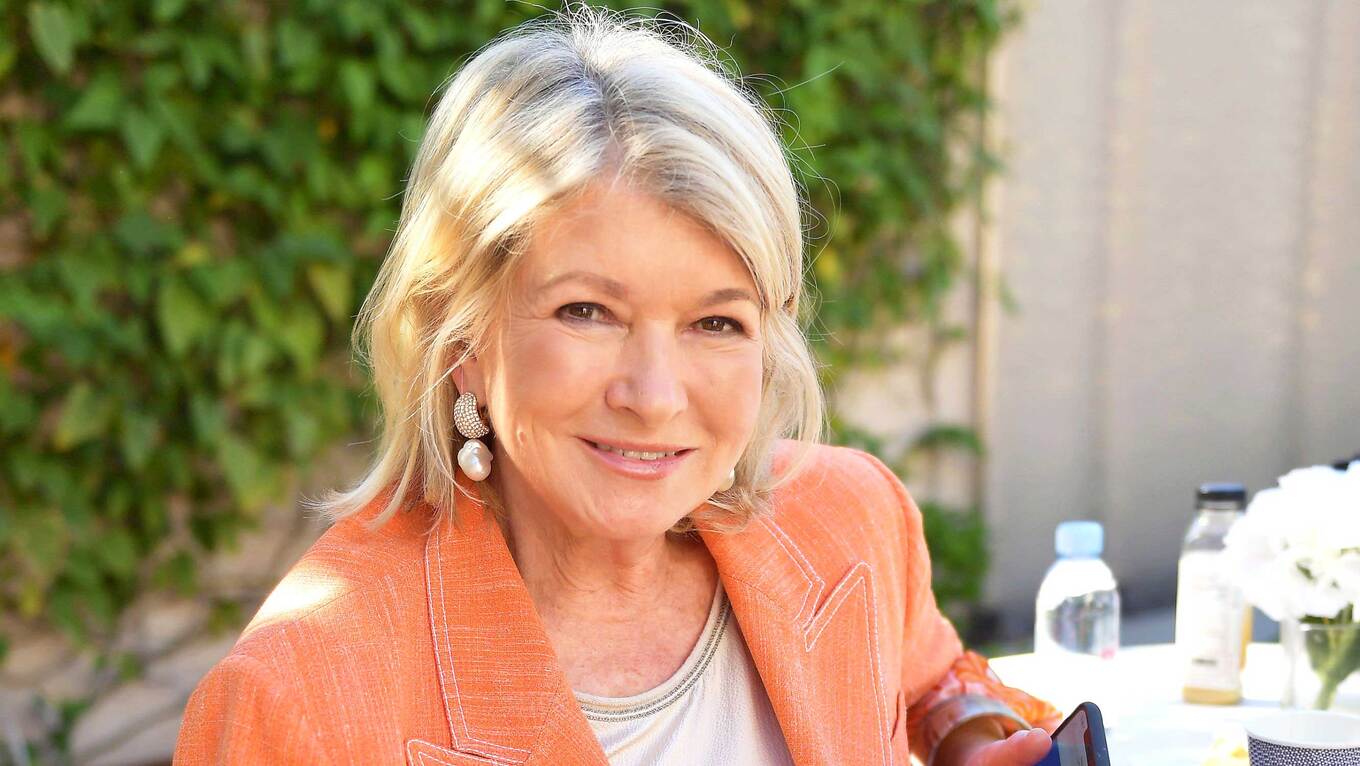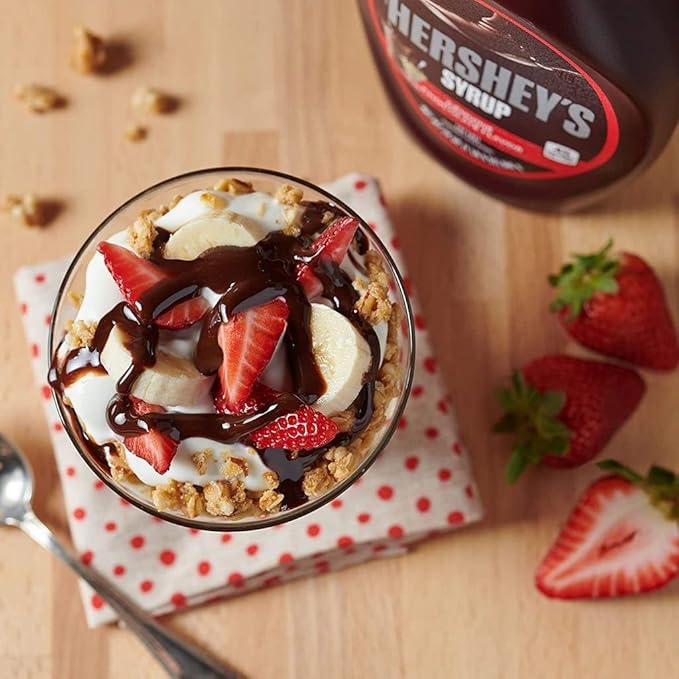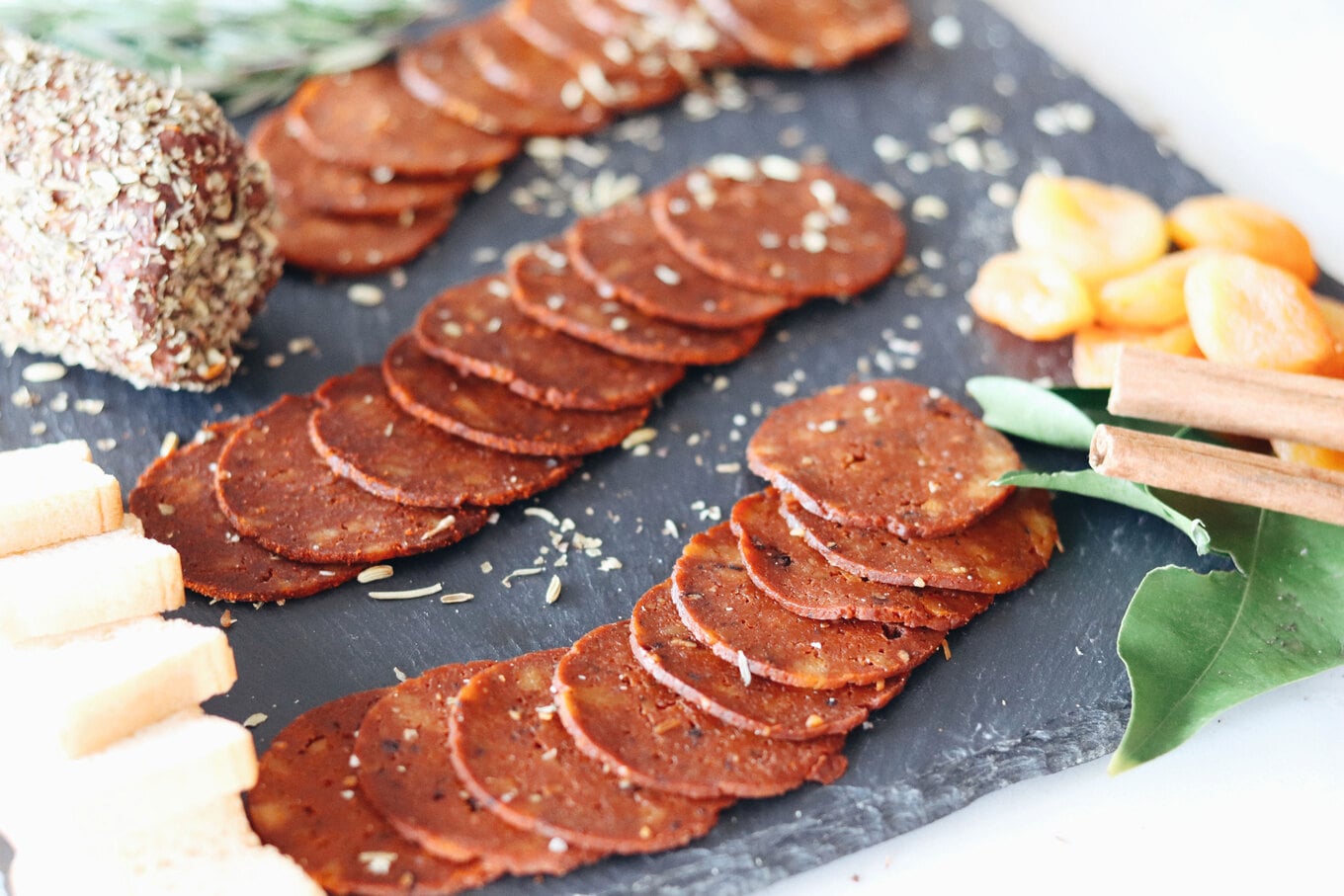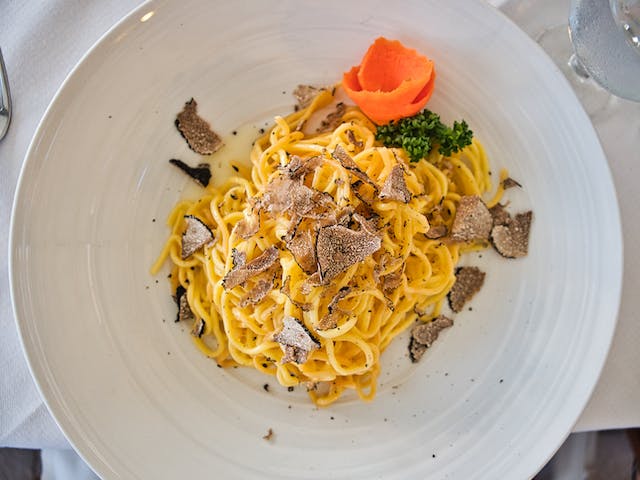Zero Acre Farms is on a mission to dent the $186 billion cooking oil market, and Shake Shack is helping it get there. The fast-casual restaurant chain has partnered with the startup and is currently trialing its sugarcane oil in two New York locations. According to Zero Acre Farms, the oil is far more sustainable than soybean oil, and it may be better for our health. Here’s what we know.
Table of Contents
What is the new Shake Shack cooking oil?
Zero Acre Farms’ new oil is made from sugarcane, which is a type of tall, perennial grass traditionally used in sugar production. The brand sources the grass from South America, before fermenting its raw sugar in tanks. This naturally breaks down the sugar, says Zero Acre, and converts it into oil. It’s very similar to the alcohol fermentation process, which is used in beer and wine production. “The result is a cooking oil high in healthy fats with a clean, neutral taste,” notes the brand.
Currently, in most of its locations, Shake Shack relies on soybean oil to cook its Crinkle Cut Fries, Veggie Shacks, Shroom Burgers, and more. This is the same for many fast-food chains. Burger King, for example, uses a blend of corn, canola, soy, and cottonseed oil, and the situation is similar at McDonald’s locations.
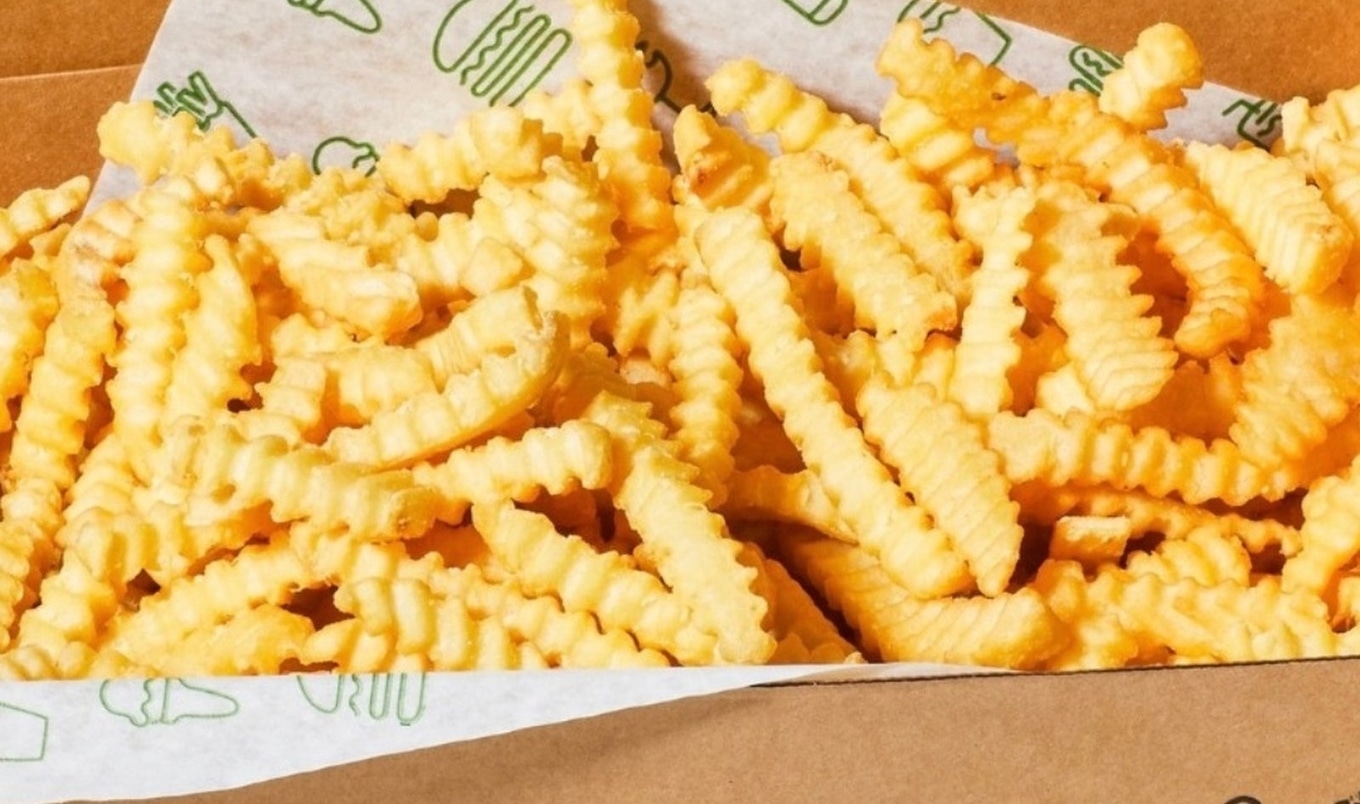 Shake Shack
Shake Shack
Is Shake Shack’s new cooking oil better for your health?
According to Zero Acre Farms, sugarcane oil is better for our health, because it’s high in monounsaturated fat and low in saturated fat.
Research suggests monounsaturated fats can help lower LDL cholesterol, which, in turn, lowers the risk of heart disease and stroke. Saturated fat, on the other hand, can lead to an increase in cholesterol if consumed in high quantities. According to Harvard Health, most nutrition experts recommend that people limit saturated fat intake to under 10 percent of their calories each day.
It’s definitely a positive that Zero Acre Farms’ sugarcane oil is low in saturated fat. But, that said, it’s important to note that while seed oils have been demonized on social media recently, many scientists maintain that there isn’t evidence to suggest that oils like soybean or canola are toxic.
“While it’s true that many foods that use seed oils—such as packaged snacks and French fries—are unhealthy, they also tend to be high in refined carbohydrates, sodium, and sugar,” reads a post from the Harvard School of Public Health. “But these other components, not the seed oils themselves, are the culprit behind weight gain and other negative health outcomes.”
The post also notes that heating unsaturated fats to high temperatures repeatedly may be a health risk. This is more likely to happen in fast-food chains (not when you’re cooking at home).
It’s also important to note that while making better cooking oil choices is beneficial for health, this doesn’t take away from the risks posed by many of the products served at fast-food and fast-casual chains like Shake Shack and McDonald’s.
Processed meat, for example, is classified by the World Health Organization as a Group One carcinogen. Consumption is also linked with a higher risk of other chronic diseases, including heart disease and dementia.
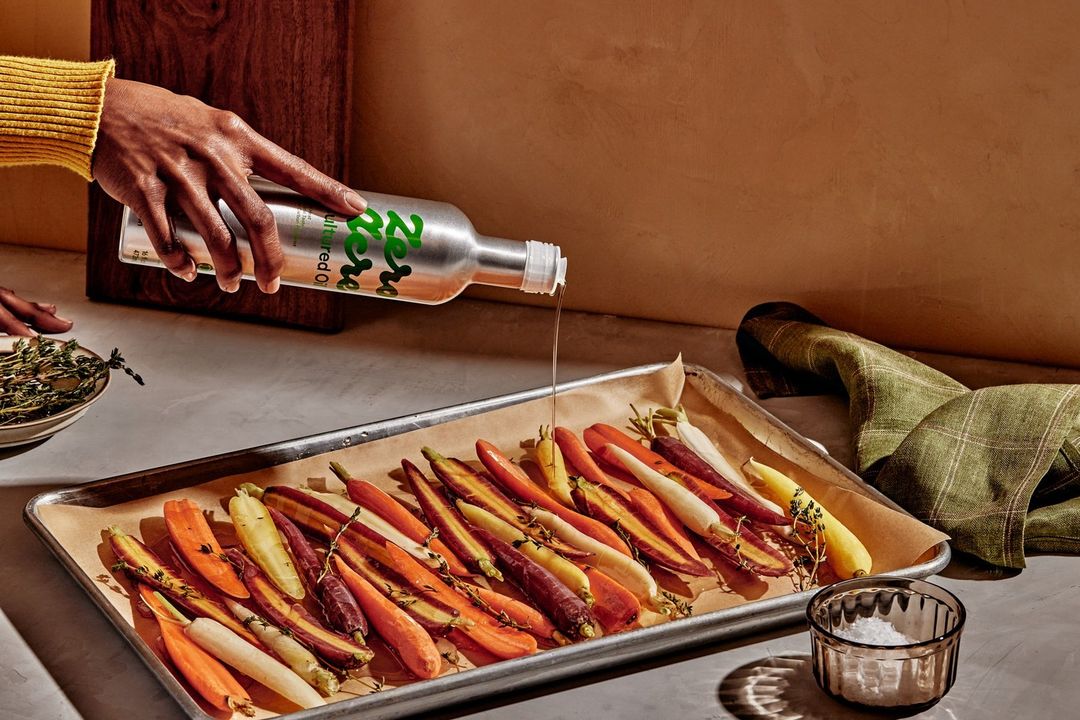 Zero Acre Farms
Zero Acre Farms
Is Shake Shack’s new cooking oil better for the planet?
While a significant majority of the fast-food industry’s environmental impact is linked to meat consumption (beef production is the leading driver of deforestation, for example), swapping to Zero Acre Farms’ oil may be a step towards a slightly more sustainable supply chain for Shake Shack.
This is because sugarcane oil seems to be less resource-intensive as its production relies on natural rainwater irrigation. This, the brand notes, allows it to produce a cooking oil that uses 99 percent less water than olive oil. The sugarcane oil also uses 87 percent less land than canola oil.
“Like many food businesses, our menu items depend on the natural environment so we can continue serving guests the food they love,” Jeffrey Amoscato, Senior Vice President of Supply Chain and Menu Innovation at Shake Shack, said in a statement. “It’s why we are continuously exploring new ways to reduce our environmental footprint, including partnerships with companies like Zero Acre who are creating sustainable food solutions.”
Zero Acre Farms compares sugarcane harvesting to “mowing the lawn,” because it doesn’t involve ripping the plants out of the soil. In contrast, the soybean industry is linked with widespread deforestation. That said, most of this production is not used for human consumption, but rather animal feed. In fact, according to the World Wildlife Fund, nearly 80 percent of the world’s soybean crop is fed to livestock.
The new Zero Acre Farms oil isn’t a sustainable silver bullet for Shake Shack, but it does seem like a step in the right direction—especially when it’s paired with meatless options, which the brand is improving. For more on how to order vegan at Shake Shack, find our guide here.


